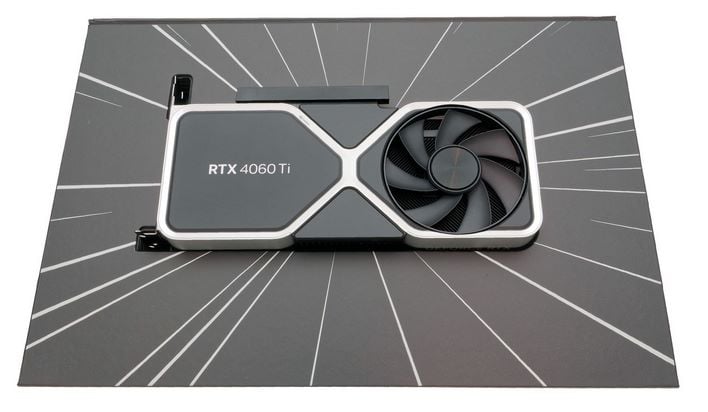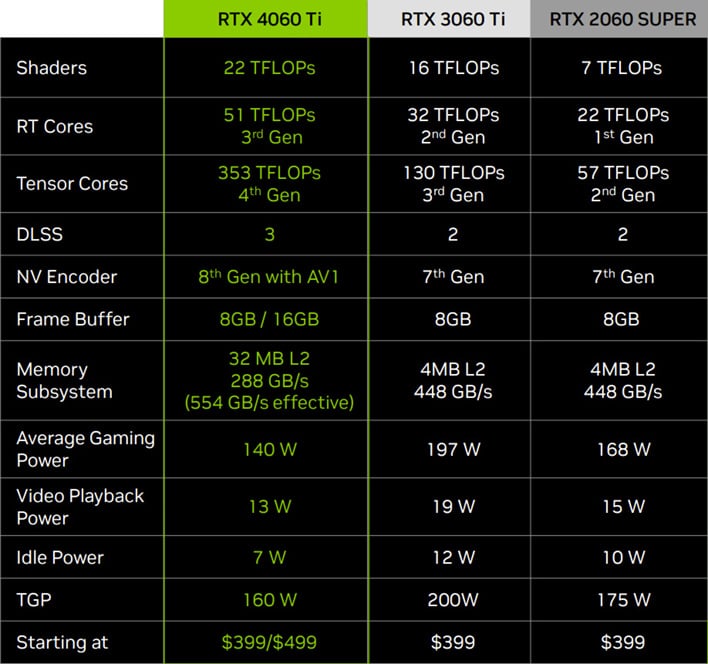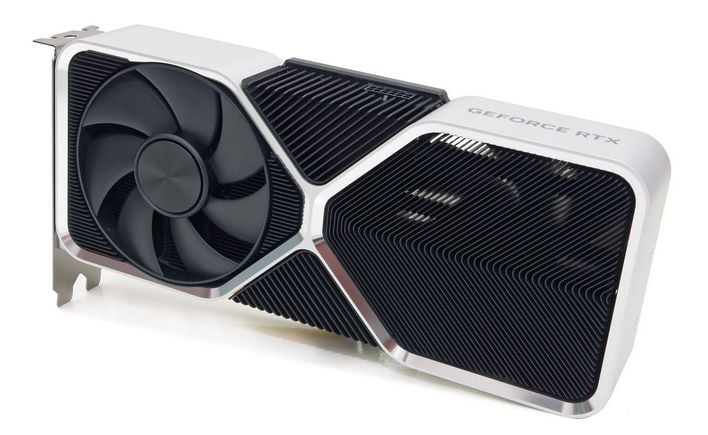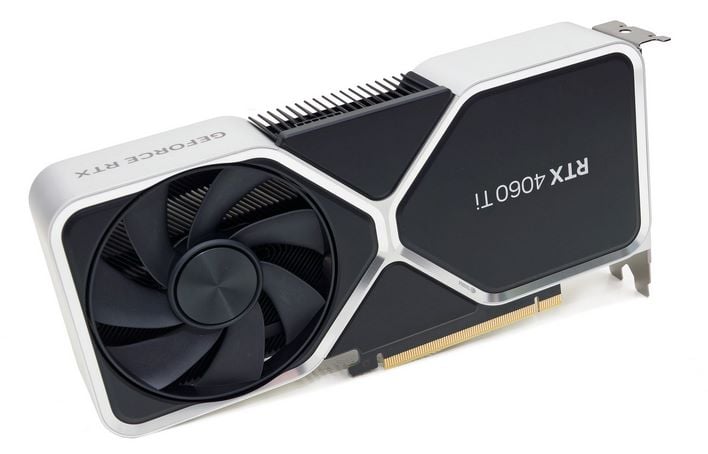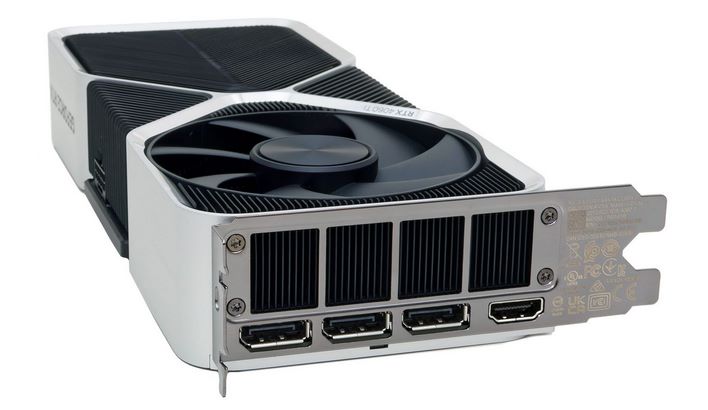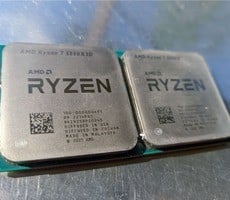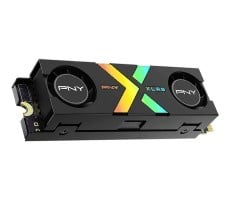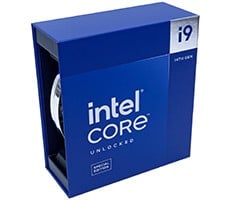NVIDIA GeForce RTX 4060 Ti Review: Cutting Edge Gaming Under $400
| NVIDIA GeForce RTX 4060 Ti 8GB: Starting At $399 The new GeForce RTX 4060 Ti 8GB model is the middle-child in the 4060 line-up, targeting budget-conscious 1080p gamers seeking an upgrade from previous-gen NVIDIA and AMD offerings.
|
|||

|

|
||
NVIDIA continues fleshing out its Ada Lovelace-based GeForce RTX 40 series today, with a new mid-range graphics card targeting mainstream gamers called the GeForce RTX 4060 Ti. NVIDIA actually announced a whole family of GeForce RTX 4060 cards last week, including the GeForce RTX 4060 Ti 8GB model we’ll be showcasing here today. In addition to the 8GB model, a higher-end 16GB model as well as a scaled-down, vanilla GeForce RTX 4060 were also announced, but those are slated to arrive in July. The GeForce RTX 4060 Ti 8GB variant goes on sale today, however, and we’ve got one of NVIDIA’s Founders Edition cards on hand for your inspection. First up some specs and features, then we’ll take a tour of the card, and finally run through an array of benchmarks, including some overclocking. So strap in, and let’s get started...
NVIDIA GeForce RTX 4060 Ti Features & Specifications
| Graphics Card | GeForce RTX 4060 Ti |
| Graphics Processing Clusters | 3 |
| Texture Processing Clusters | 17 |
| Streaming Multiprocessors | 34 |
| CUDA Cores (single precision) | 4352 |
| Shader FLOPS | 22 |
| Tensor Cores | 136 (4th Generation) |
| Tensor FP8/INT8 TFLOPS/TOPS w/ Sparsity | 353 |
| RT Cores | 34 (3rd Generation) |
| RT FLOPS | 51 |
| Texture Units | 136 |
| ROP Units | 48 |
| Base Clock | 2310 MHz |
| Boost Clock | 2535 MHz |
| Memory Clock | 9000 MHz |
| Memory Data Rate | 18 Gbps |
| L1 Data Cache/Shared Memory | 4352 K |
| L2 Cache Size | 32768 K |
| Total Video Memory | 8 GB GDDR6 |
| Memory Interface | 128-bit |
| Total Memory Bandwidth | 288 GB/s (554 GB/s effective)* |
| Texture Rate (Bilinear) | 345 GigaTexels/second |
| Max Display Resolution | 4K at 240Hz or 8K at 60Hz with DSC |
| Fabrication Process | 4N NVIDIA Custom Process |
| Transistor Count | 22.9 Billion |
| Connectors | 3 x DisplayPort 1 x HDMI |
| Form Factor | Dual-Slot |
| Power Connectors | 2x PCIe 8-pin cables (adapter in box) OR 300 W or greater PCIe Gen 5 cable |
| Required System Power Supply | 550 Watts |
| Video Engines | 1xNVENC (8th Gen), 1xNVDEC (5th Gen) |
| Power | 7 W Idle, 13 W AV1 Video Playback, 140 W Average Gaming Power (AGP), 160 W Total Graphics Power (TGP) |
| Max GPU Temperature | 90° C |
The GeForce RTX 4060 Ti is built around NVIDIA's AD106 GPU. Although the AD106 is based the same Ada Lovelace GPU architecture as all of the previously-launched cards in the GeForce RTX 40 series, the other cards in the series are all built around different chips. The flagship RTX 4090 is built around the big-daddy AD102 GPU, the GeForce RTX 4080 uses the smaller (but still large) AD103, the GeForce RTX 4070 Ti and 4070 use the smaller AD104, and the GeForce RTX 4060 Ti (and 4060) use the smallest Ada GPU yet, the AD106.
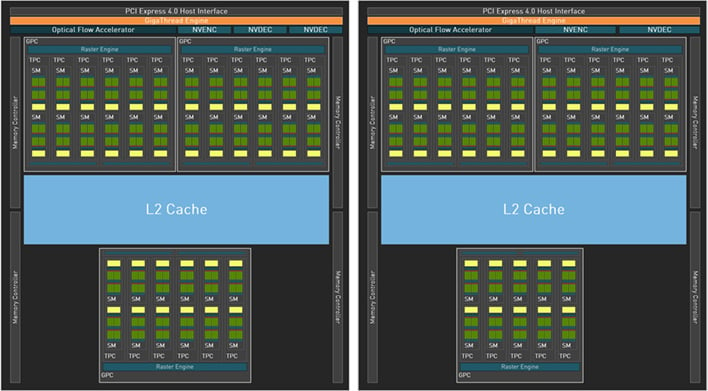
Full-Featured AD106 (Left), GeForce RTX 4060 Ti (Right) - Note The Different NVENC / NVDEC Configs And SMs
In terms of feature support, the AD106 is identical to its larger siblings. All of the GPUs offer the entirety of features inherent to the Ada Lovelace architecture, like DLSS 3 and other NVIDIA technologies like NVIDIA Reflex latency reduction, NVIDIA Broadcast, Ansel, G-SYNC, Omniverse, optional Studio drivers, and GeForce Experience, to name just a few. For a more detailed explanation of the Ada Lovelace GPU architecture, we suggest reading this article and checking out our launch coverage of the flagship GeForce RTX 4090 while you’re at it. There's lots of foundational information in those two pieces that will help you better understand all of the new features offered by NVIDIA latest architecture which we won't be re-hashing again today.
The AD106 GPU as configured on the GeForce RTX 4060 Ti is scaled down in a few key ways. The AD102 on the RTX 4090 has 11 GPCs, 64 TPCs, 16,384 CUDA cores, 512 Tensor cores, and 128 RT cores, with a 384-bit memory interface. The smaller AD103 has 7 GPCs, 38 TPCs, 9,728 CUDA cores, 304 Tensor cores, and 76 RT cores, with a 256-bit memory interface. In its full configuration, the AD104 has 5 GPCs, 30 TPCs, 7,680 CUDA cores, 240 Tensor cores, and 60 RT cores, with a 192-bit memory interface. Which brings us to the AD106.
The AD106 as configured on the RTX 4060 Ti has 3 GPCs, 17 TPCs, 34 SMs, 4,352 CUDA cores, 136 Tensor cores, and 34 RT cores, with a 128-bit memory interface. The chip is scaled down in virtually every way that affects compute and rasterization performance as well as memory bandwidth. Scaling back the AD106 brings its transistor count down significantly, though; whereas the AD104 used on the RTX 4070 packs 35.8 billion transistors, the AD106 comes in at only 22.9B. For reference, the AD103 is 45.6B and the AD102 a whopping 76.3B.
That said, the AD106 used on the GeForce RTX 4060 Ti is also scaled down somewhat from the full configuration of the chip. One of the AD106's pair of NVENC blocks is disabled (visible at the top edge of the block diagram above) and the RTX 4060 Ti loses one SM, which brings core counts down slightly. The typical boost clock should hover in the 2,535MHz range and the 8GB of GDDR6 memory on the card operates at an effective data rate of 18Gbps, which equates to just over 288GB/s of memory bandwidth over the card's 128-bit memory interface. The much larger L2 cache in the GPU versus previous-gen offerings, however, results in far more efficient use of that memory bandwidth. NVIDIA says that the GeForce RTX 4060 Ti's memory bandwidth is roughly equivalent to an Ampere GPU with 588GB/s of bandwidth.
Versus the previous-gen GA104-based GeForce RTX 3060 Ti, the AD106 powering the GeForce RTX 4060 Ti also appears to be scaled back in a few ways. The newer AD106, as configured on the RTX 4060 Ti, has fewer cores but operates and higher frequencies. It has fewer ROPs and a narrower memory interface (128-bit vs. 256-bit) too. These apparent deficiencies could be mostly mitigated, however, due to enhancements in the more advanced Ada Lovelace architecture, like its larger caches, and higher clocks, etc.
Meet The GeForce RTX 4060 Ti Founders Edition
The cooling setup on the GeForce RTX 4060 Ti Founders Edition looks similar to previous mainstream cards with a dual-fan, pass-through design, but it is shrunk down for a smaller form factor and features a silver finish versus the gold-ish "champagne" finish of the higher-end cards. The GeForce RTX 4060 Ti is only about 9” long, 4” high (it’s only slightly higher than the slot bracket), and requires only two slots.The pass-through style cooler is enabled by a dense, short PCB design that only runs about 1/2 the length of the entire card. Like earlier GeForce RTX cards, the new RTX 4060 Ti also features a 12+6 pin 12VHPWR power connector, though most partner boards will continue to use the traditional PCIe connectors that are more common today. NVIDIA includes an adapter with the GeForce RTX 4060 Ti that converts an 8-pin PCIe connector to the newer 12VHPWR ATX 3.0 design.
Similar to most of the other members of the GeForce RTX 40-series, the RTX 4060 Ti also has triple full-sized DisplayPorts and a single HDMI output on its case bracket. That HDMI port is HDMI 2.1-compliant, which enables 120Hz 4K with G-Sync on some of the latest OLED TVs and allows for 8K resolution over a single cable. The DisplayPorts are only DP1.4, however.
Next, we'll begin our benchmark gauntlet.

